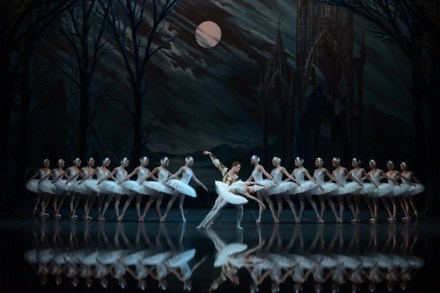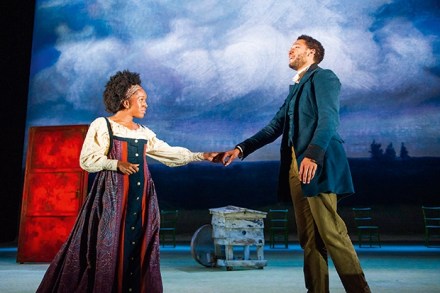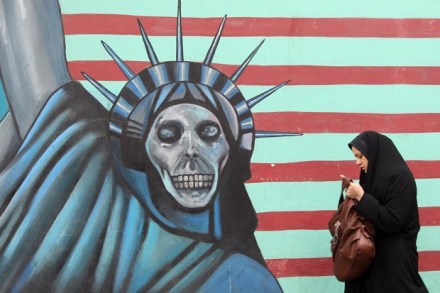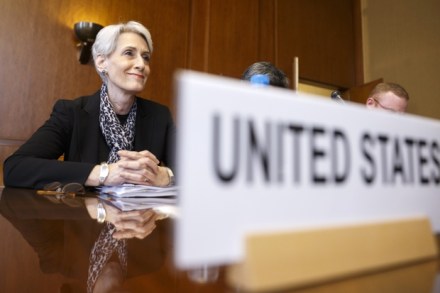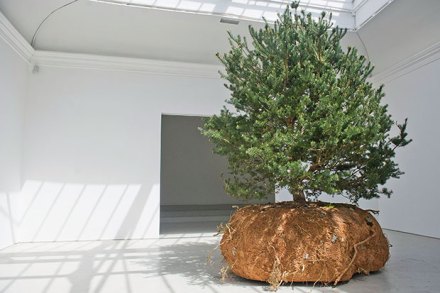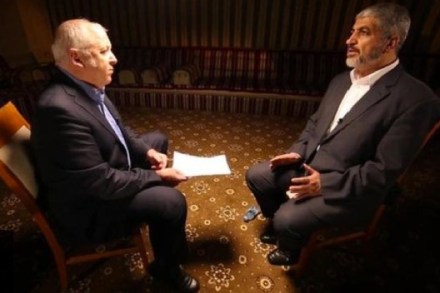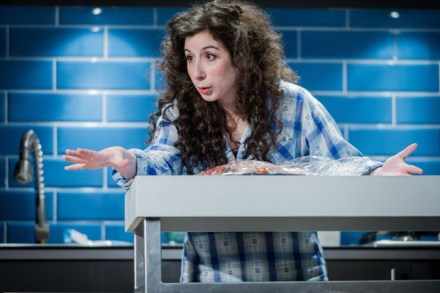Drone assassination is addictive. Is Britain now hooked?
With the drone killing in Syria of Reyaad Khan and Ruhul Amin, Britain joins an exclusive club. Only Israel and the United States publicly admit to carrying out targeted killings – assassinations – away from the hot battlefield. Yet as both of these nations have already found, a single killing today can lead to a conveyor belt of death further on. The challenge for the UK is whether it can do things differently. Israel targeted and killed hundreds of alleged militants in the West Bank and Gaza during the Second Intifada using snipers, booby-traps and drones. Indeed it was Israel which coined the term ‘targeted killing’ – a more palatable



